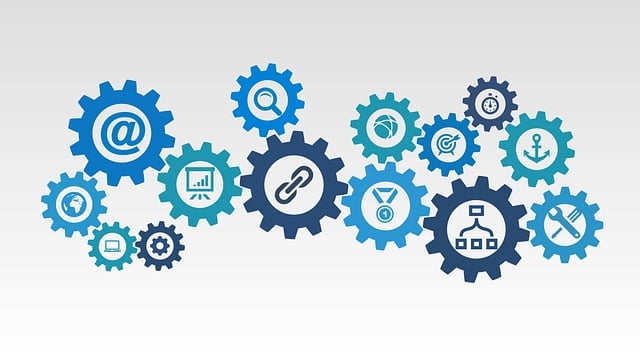AI and deep learning are transforming food industry preservation methods, with AI early warning systems predicting and preventing food waste by analyzing sensor data, production records, and consumer feedback. These systems, powered by machine learning algorithms, detect spoilage risk patterns and forecast demand fluctuations, minimizing surplus and enhancing operational efficiency. A robust infrastructure including scalable computing systems, efficient data storage, and automated preprocessing pipelines is crucial for harnessing deep learning's potential in food waste management. Proven successful with major retailers, AI early warning systems are set to expand through IoT integration, edge computing enhancements, and applications beyond stores to manufacturing and distribution centers.
“The integration of Artificial Intelligence (AI) and deep learning into the food industry is revolutionizing preservation methods, ensuring a safer and more sustainable food supply. This article explores the transformative potential of AI, focusing on its role in combating food spoilage through advanced early warning systems. We delve into the essential infrastructure required to support efficient deep learning applications, presenting case studies that highlight their effectiveness. By understanding these technologies, businesses can stay ahead, reducing waste, and enhancing consumer trust.”
- Understanding AI's Role in Food Industry Preservation
- Building the Infrastructure for Efficient Deep Learning
- Implementing Early Warning Systems: Case Studies and Future Prospects
Understanding AI's Role in Food Industry Preservation

The integration of artificial intelligence (AI) and deep learning into the food industry is revolutionizing preservation methods, especially with AI early warning systems for food spoilage. These advanced technologies are equipped to analyze vast amounts of data from various sources, such as sensor readings, production records, and consumer feedback, to predict and prevent food waste. By leveraging machine learning algorithms, these systems can identify patterns indicative of spoilage risk, allowing food manufacturers to implement timely interventions.
For instance, AI-driven imaging techniques can detect subtle changes in product quality, enabling proactive measures to extend shelf life. Additionally, predictive analytics powered by deep learning models can forecast demand fluctuations, ensuring optimal production levels and minimizing surplus that could spoil. As a result, businesses are not only reducing waste but also enhancing their operational efficiency and sustainability efforts.
Building the Infrastructure for Efficient Deep Learning

Building a robust infrastructure is pivotal for harnessing the full potential of deep learning in AI applications, especially in time-sensitive domains like food waste management. The first step involves designing scalable computing systems that can handle vast amounts of data generated by real-time sensors in storage facilities and supply chains. This includes integrating high-performance GPUs or specialized accelerators to expedite complex mathematical operations required by deep neural networks.
Efficient data storage solutions, such as cloud-based distributed databases, are essential for quickly accessing and processing historical and incoming data. Furthermore, implementing automated data preprocessing pipelines ensures that raw sensor readings are transformed into usable inputs for training predictive models. For AI early warning systems for food spoilage, this means creating a seamless flow of information from the point of data collection to model inference, enabling swift decisions to minimize waste.
Implementing Early Warning Systems: Case Studies and Future Prospects

AI early warning systems are transforming industries, and one area where their potential is particularly promising is in managing food spoilage. By leveraging deep learning algorithms on data from various sources such as temperature sensors, humidity levels, and shelf-life indicators, these systems can predict with remarkable accuracy when food items are likely to spoil. This proactive approach allows businesses to take immediate action, such as triggering alerts for restock or reallocation of inventory, minimizing waste, and enhancing overall supply chain efficiency.
Case studies from retailers and food service giants demonstrate the effectiveness of AI early warning systems. For example, a major supermarket chain implemented an AI-driven solution that reduced food waste by 20% within the first year. Looking ahead, future prospects include integrating these systems with Internet of Things (IoT) devices for real-time monitoring, enhancing predictive models with edge computing to improve speed and accuracy, and expanding their application beyond stores to include manufacturing and distribution centers.
The integration of AI, specifically deep learning infrastructure, into the food industry has proven to be a game-changer. By building robust systems for efficient data processing and implementing AI early warning systems for food spoilage, businesses can significantly reduce waste and enhance operational sustainability. Case studies highlight the potential for substantial cost savings and improved product quality. As the technology advances, further exploration of these AI early warning systems is essential to meet the growing demand for efficient and eco-friendly food preservation methods.
